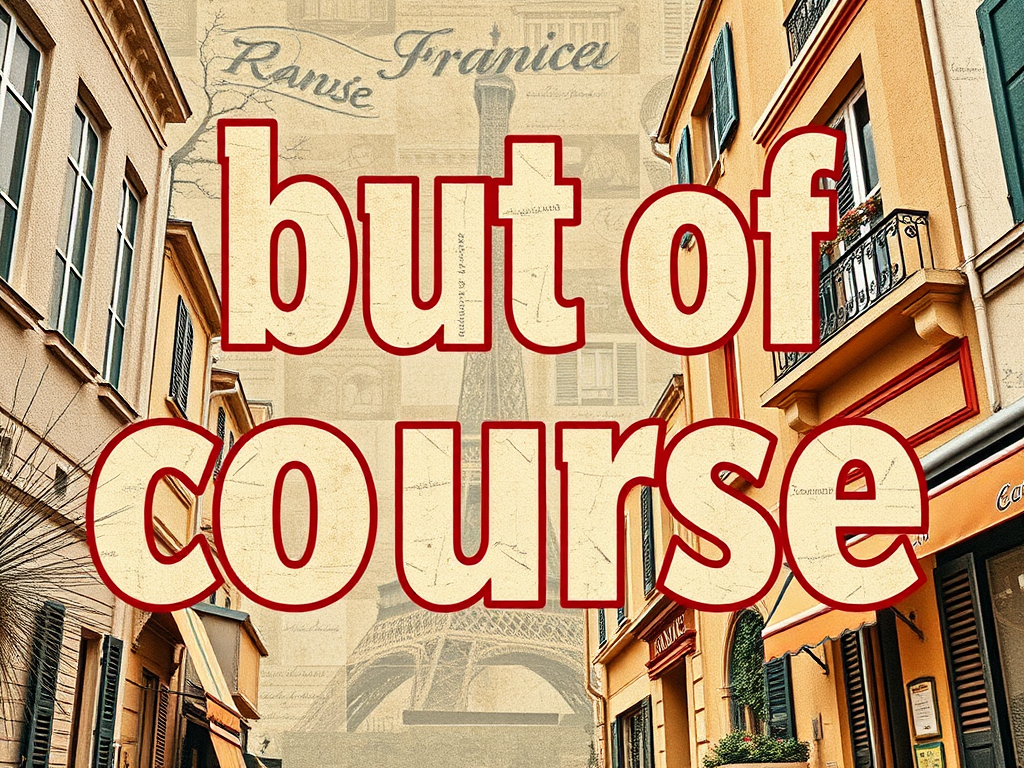You are in French

Table of contents
In French, the phrase "you are" is typically translated as tu es or vous êtes, depending on the context and level of formality. These expressions are fundamental in French conversation and are used to describe someone's state, condition, or characteristics.
Formal vs. Informal Usage
Informal: Tu es
Tu es is the informal way to say "you are" in French. It's used when addressing:
- Friends
- Family members
- Children
- Pets
Example: Tu es très gentil. (You are very kind.) 🙂
Formal: Vous êtes
Vous êtes is the formal or plural form of "you are" in French. It's used when speaking to:
- Strangers
- Elders
- Superiors at work
- Multiple people (regardless of familiarity)
Example: Vous êtes le nouveau professeur, n'est-ce pas? (You are the new teacher, aren't you?) 👨🏫
Conjugation Table
| English | French | Pronunciation (IPA) |
|---|---|---|
| You are (informal) | Tu es | /ty ɛ/ |
| You are (formal/plural) | Vous êtes | /vu zɛt/ |
Usage in Context
The choice between tu es and vous êtes is crucial in French culture, as it reflects the relationship between speakers. Using the wrong form can be considered impolite or overly familiar.
Examples:
- To a friend: Tu es prêt pour la fête? (Are you ready for the party?) 🎉
- To a group: Vous êtes tous invités à dîner. (You are all invited to dinner.) 🍽️
- To a teacher: Vous êtes très patient avec nous. (You are very patient with us.)
Remember, when in doubt, it's generally safer to use the formal vous êtes until invited to use the informal tu es. This practice shows respect and good manners in French-speaking environments.






